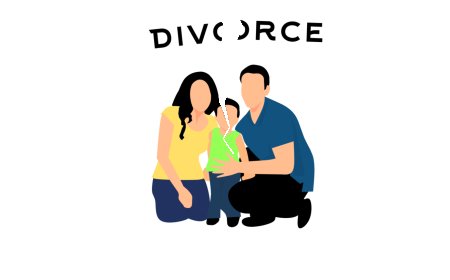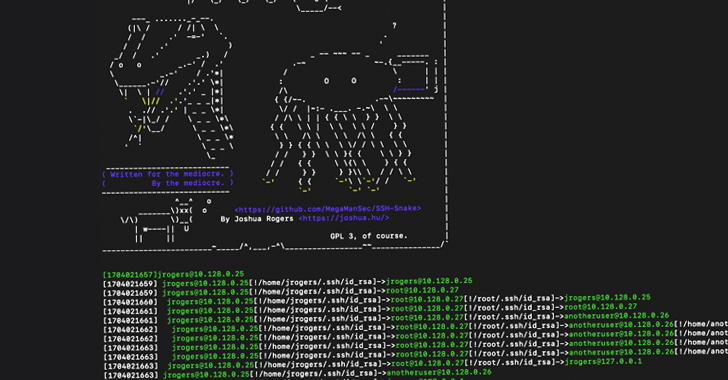Hackers Exploit AI to Clone Your Voice: Protect Yourself
Discover how hackers are using AI to clone voices and learn how to protect yourself from identity theft and fraud. Stay informed and safeguard your digital security against this emerging threat.

In recent years, the convergence of artificial intelligence (AI) and cybersecurity has introduced both unprecedented opportunities and grave concerns. One such concern is the emergence of AI-powered voice cloning, a sophisticated technique that hackers are increasingly leveraging to perpetrate identity theft and fraud. With the ability to mimic voices with startling accuracy, cybercriminals can now manipulate audio recordings to deceive unsuspecting individuals. Understanding the implications of this technology and implementing proactive measures are crucial in safeguarding against such threats.
The Rise of AI-Powered Voice Cloning
AI-driven voice cloning technology utilizes deep learning algorithms to analyze and replicate the nuances of a person's speech patterns, intonations, and mannerisms. This enables hackers to create highly convincing audio forgeries, often indistinguishable from the authentic voice. Moreover, the accessibility of open-source AI frameworks and the proliferation of publicly available voice samples have facilitated the development and refinement of these cloning techniques.
Implications for Security and Privacy
The implications of AI-powered voice cloning extend beyond mere impersonation. Hackers can exploit cloned voices to perpetrate a variety of malicious activities, including:
Phishing Attacks: By impersonating trusted individuals or authoritative figures, hackers can deceive victims into divulging sensitive information, such as passwords or financial details.
Social Engineering: Cloned voices may be used to manipulate victims into performing unauthorized actions, such as transferring funds or granting access to confidential systems.
Fraudulent Activities: Cybercriminals can fabricate audio evidence to support false claims or incriminate innocent individuals, thereby undermining trust and integrity in various contexts.
Protecting Against Voice Cloning Attacks
While the threat posed by AI-powered voice cloning is concerning, there are proactive steps individuals and organizations can take to mitigate the risk:
Enhanced Authentication Mechanisms: Implement robust authentication measures, such as multi-factor authentication (MFA) or biometric verification, to bolster security and prevent unauthorized access to sensitive accounts or systems.
Vigilance and Awareness: Exercise caution when receiving unsolicited requests or communications, particularly if they involve sensitive information or financial transactions. Verify the identity of the caller through alternate channels if necessary.
Educational Initiatives: Raise awareness among employees, customers, and stakeholders about the risks associated with voice cloning and the importance of vigilance in safeguarding personal information.
Voiceprint Authentication: Explore the use of voiceprint recognition technology, which analyzes unique vocal characteristics to verify the authenticity of a speaker. Voiceprint authentication can offer an additional layer of security against impersonation attacks.
Regulatory Compliance: Stay informed about relevant regulations and compliance standards governing data protection and privacy, ensuring adherence to best practices in safeguarding personal information.
Conclusion
As hackers increasingly leverage AI to clone voices and perpetrate identity fraud, the need for proactive cybersecurity measures has never been more critical. By understanding the risks associated with voice cloning and implementing robust protective measures, individuals and organizations can fortify their defenses against emerging threats in the digital landscape. Through vigilance, education, and technological innovation, we can collectively mitigate the risks posed by AI-driven cybercrime and uphold the integrity of our digital identities.
What's Your Reaction?






























